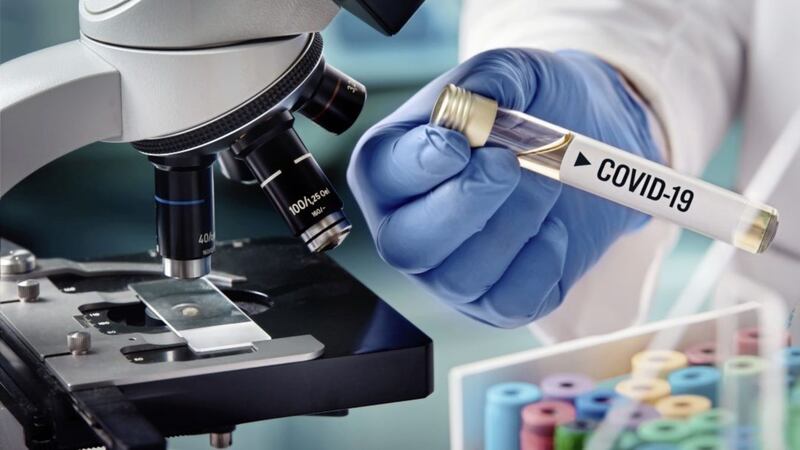QUEEN’S University Belfast has been awarded a £500,000 grant to research any links between bacterial co-infections and coronavirus.
It is hoped the UK Research and Innovation (UKRI) Rapid Response Fund grant will help find "better treatments to improve the health of Covid-19 patients and possibly even save lives".
The 18-month project will focus on the risk of bacterial co-infections in Covid-19 and find alternative treatments. It is one of only five projects supported in the UK by the Biotechnology and Biological Sciences Research Council.
The researchers say clinical data as well as post mortem analysis of tissues from coronavirus patients already indicates the presence of bacterial co-infections and reports confirm bacterial co-infections are associated with severe cases of Covid-19 in more than 50 per cent of the patients.
They say that "alarmingly, this occurs in a scenario of a limited arsenal of antibiotic drugs to target these associated infections".
Currently, "little is known about the interactions between the SARS-CoV-2 virus and bacterial infections", with fears that co-existing infections alongside the virus may "worsen the clinical outcome and the severity of the virus in a patient, increasing the risk of death".
The anticipated findings of the research will help to better manage severe Covid-19 patients and identify those at risk of complications due to the presence of bacterial co-infections.
The research team will test the "anti-viral efficacy of FDA-approved drugs in the co-infection interface", which could be considered in clinical trials as new treatments for the illness.
Professor José Bengoechea, who will lead the team of researchers, said: "There is an urgent need to develop new therapeutics to treat COVID -19 targeting the virus/bacteria co-infection scenario.
"It is critical that bacterial co-infections should not be underestimated and instead be part of the plan to limit the global burden of morbidity and mortality during the Covid-19 pandemic and beyond.
"We hope that our research exploring the role of bacterial and SARS-CoV-2 co-infections will result in finding better treatments to improve the health of Covid-19 patients and possibly even save lives."
Professor Stuart Elborn, pro-vice chancellor for the Faculty of Medicine, Health and Life Sciences at QUB, said: "This research project demonstrates Queen's commitment to delivering positive impact on society and is an excellent opportunity for our researchers to use their collective expertise to improve our knowledge of this new virus and its complications to optimise the care of severely effected people with Covid-19".








